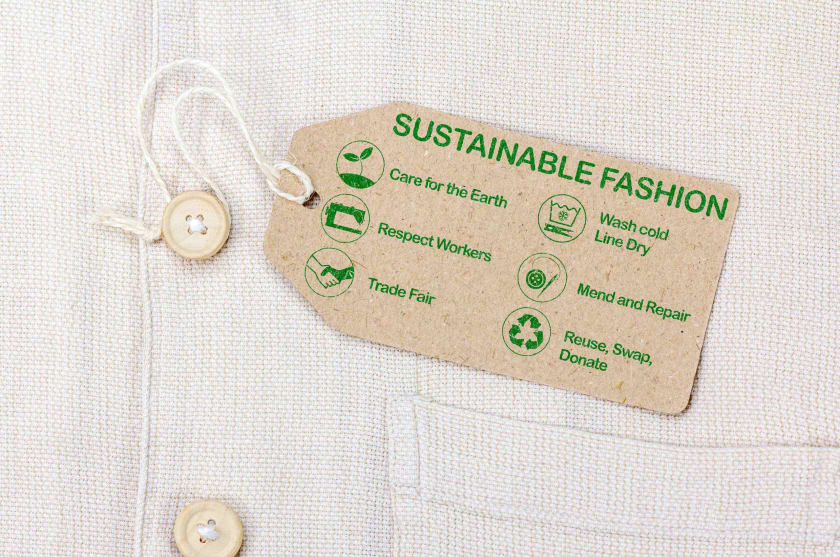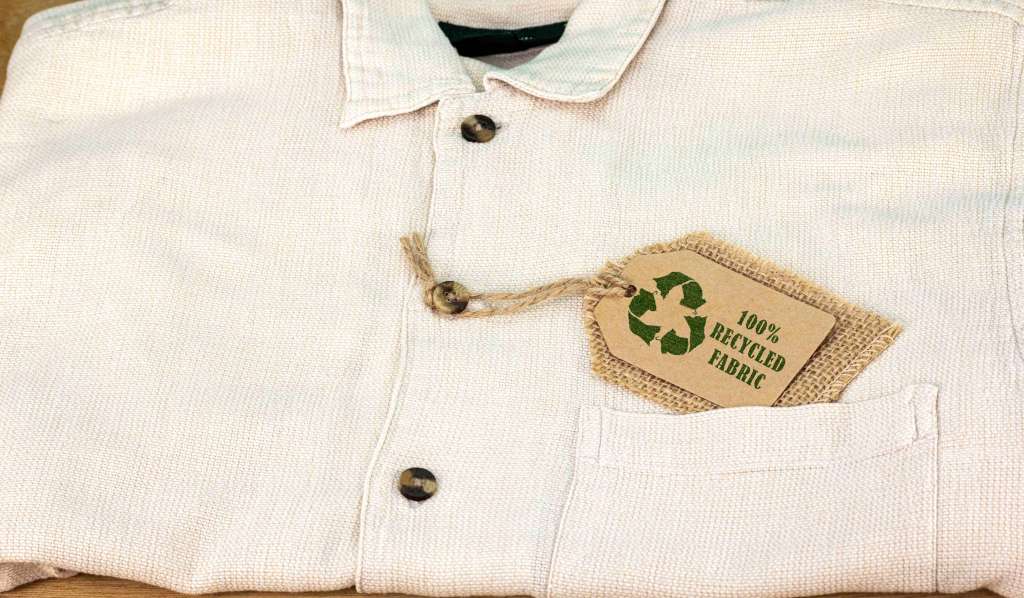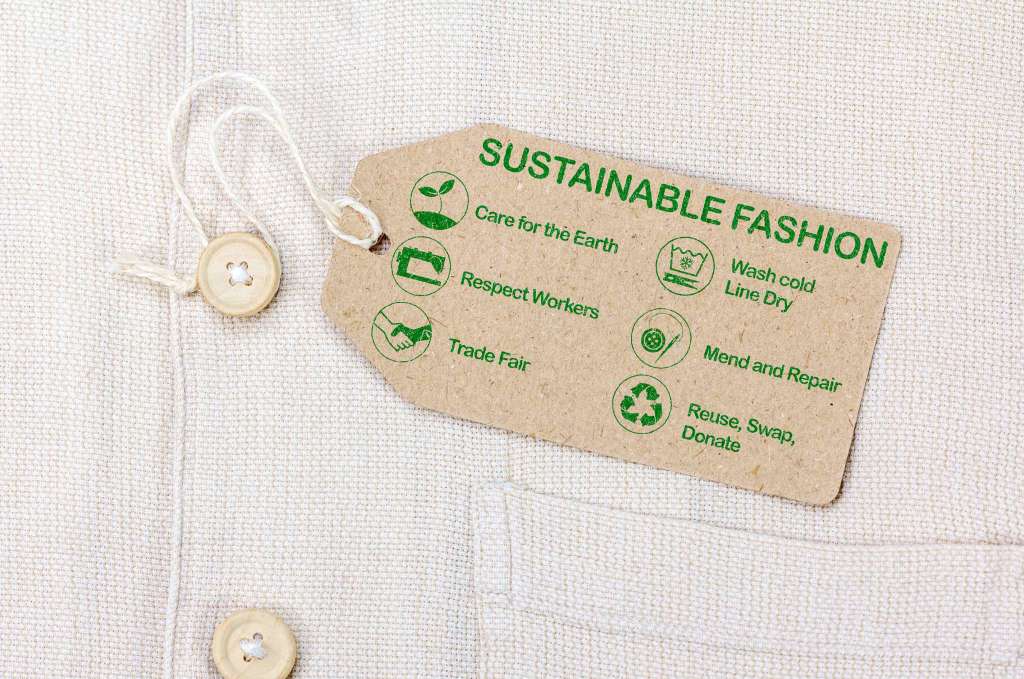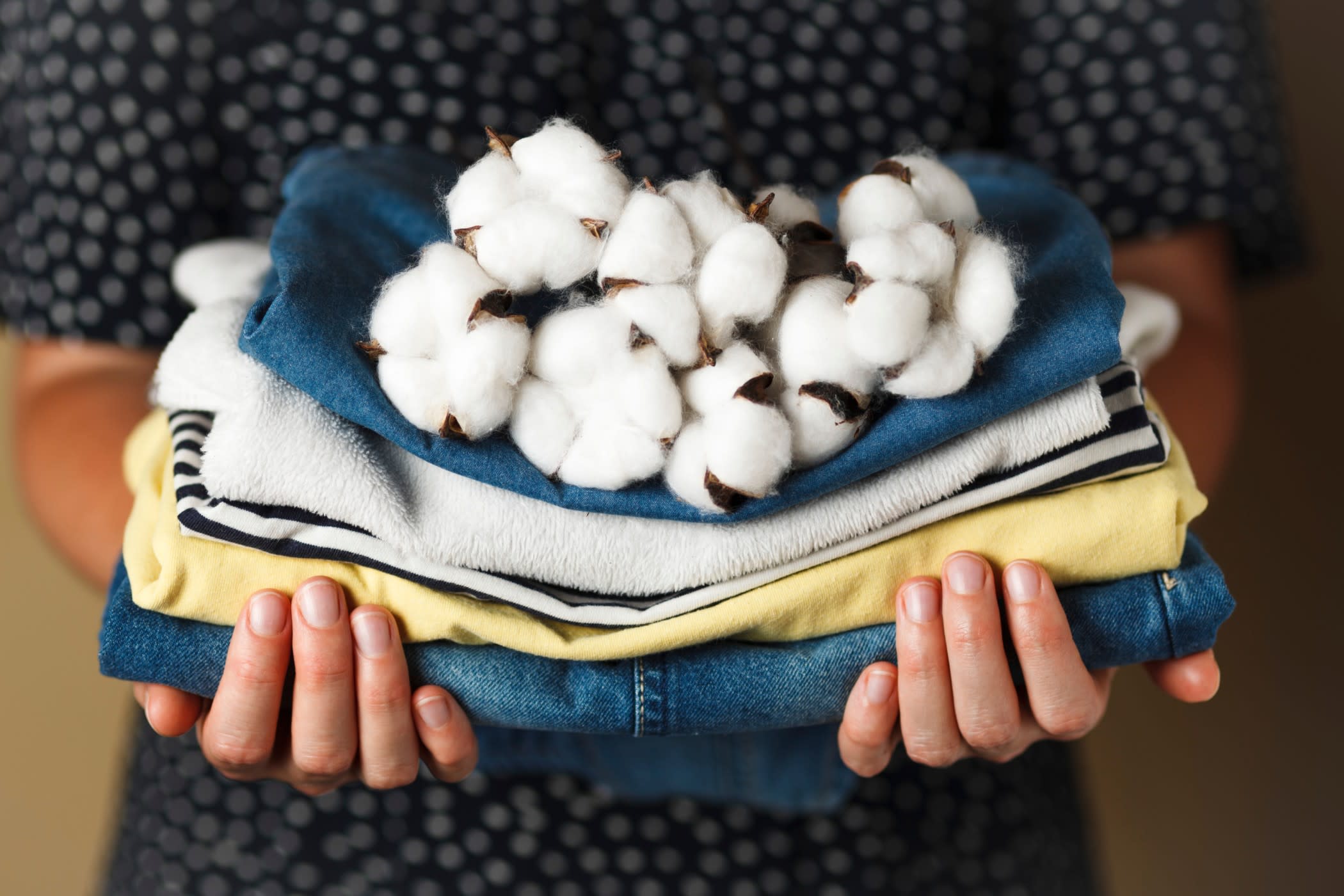Will a Recession Stunt Sustainable Fashion?



The fashion industry is booming and has witnessed rapid growth in the last decade. However, this growth comes at a price. The fashion industry constitutes almost 8-10% of the global carbon emissions and accounts for 20% of wastewater around the globe. Therefore, there is a need for sustainable fashion.
Sustainable Fashion: what it is and why it matters
Sustainable fashion is a growing trend and the need of the hour in the fashion industry.
In its simplest form, sustainable fashion describes apparel and accessories that are sourced, produced, and/or worn responsibly from an environmental and social perspective. Here are four reasons why sustainable fashion is essential:
1. Better for the environment
Made using environmentally friendly materials, it reduces environmental damage. For example, sustainable fabrics made from natural fibers are less harmful than fabric made from chemical substances.
2. Budget-friendly
Sustainable fashion is usually more expensive than traditional fashion. However, sustainable clothing is often more durable and lasts longer, so consumers save money in the long run. Plus, consumers feel good about supporting a sustainable trend because it helps reduce environmental damage and helps preserve resources for future generations.
3. Durability
Sustainable clothing is made from natural fibers such as bamboo and Piñatex, which are strong and durable. Thus, these clothes can be worn longer and are less likely to end up as cloth waste within a few months.
4. Sustainable fashion is better for the body
Sustainable fashion is designed to be comfortable and flattering, so one looks and feels great in it! Sustainable fabrics such as hemp, linen, and modal are gentle on the skin and provide a comfortable feel.
The issues facing sustainable fashion
Sustainable fashion will be hit hard by the recession. People will have less money to spend on clothing and will be more likely to revert to their old habits of wearing whatever is cheapest or most comfortable. Sustainable fashion, using recycled materials and avoiding harmful chemicals, will then face even more opposition from the public.
Despite the obstacles, sustainable fashion is likely to grow in popularity. The share of sustainable fashion in the global market was around 3.9%. And according to a recent study by Statista Consumer Market Outlook, the percentage of sustainable clothing items is expected to reach 6.1% in 2026. Although a recession may slow down the growth temporarily, it cannot stop sustainable fashion from becoming increasingly popular in the long run.
Another issue facing sustainable fashion is the rise of fast fashion. Fast fashion companies often use harsh chemicals to clean and dye clothes, damaging the environment and human health. Yet, even though fast fashion businesses damage the environment, they still grow in popularity, mainly because consumers are increasingly looking for affordable clothing that aligns with the latest trends.
Can sustainable fashion survive a recession?
Practicing sustainable fashion is not an easy task for any fashion brand. Brands are constantly asking themselves whether their consumers are willing to pay a premium price for their products or not. Better raw materials, eco-friendly manufacturing, decent working conditions, and pay for workers come at a very high cost. Therefore, fashion brands that focus on sustainable practices operate at contemporary price points.
Even the clothes that are climate conscious and manufactured using eco-friendly methods by low-cost retailers come at a premium cost, which consumers are less likely to pay during tough times.
According to research conducted by a firm named Kantar, 3,000 global consumers among 9,000 surveyed said that the rising cost of living had prompted them to switch to cheaper cosmetics. These people previously brought sustainable products but switched to conventional alternatives because they are more affordable. The fashion industry is not any different, and fashion brands can expect to see the same switch in their customers too.

Highlighting the costs of being sustainable, Jason Mahendran, a prominent investor of Active Partners, a consumer-focused firm with brands like The Fold, TALA, and Finisterre in its fashion portfolio, made a statement. He said that upon observing the price and how value-conscious customers are, sustainability has always been in a tough spot. And he goes on to say that the sustainable fashion market has been focussing on an affluent consumer base because producing items sustainably is costly.
Brands can work around recession and create a healthy market for their products. But, first, they must communicate with their customers and make them understand the benefits of sustainable fashion. In this way, brands can justify their price point and present a powerful proposition in front of their customers.
Fast fashion to face headwinds
Fast fashion has accelerated consumption in the last two decades, leading to the piling up of cloth waste and, thereby, causing severe environmental impacts. A recession will lead to a slowdown in fast fashion as people will shop their clothes wisely and won't be wasting money on clothes based on fashion trends that are likely to fade in a few months.
Aja barber, a sustainable fashion consultant, says that people have not been weighing needs versus wants when it comes to buying clothes for a very long time, but a recession will ensure that it will start to happen.
This does not mean that fashion brands based on fast fashion will shut down. There will be a slowdown, but fast fashion will remain relevant in a recession. But fast fashion won't constitute a significant portion of people's shopping baskets and value-driven purchases will increase in a recession, and customers like to buy durable products that can stay relevant to the fashion trends longer than an impulse buy.
Emma Chiu, global director at Wunderman Thompson Intelligence, a trend forecasting think tank, advises fashion brands to start thinking about what their customers will want in the long term and begin work on developing products that consumers will buy when they start tightening their belts during a recession.
Rise of resale
The upcoming recession will lead to a rise in the resale and rental of clothes. This market is already growing and expected to boom in a recession. According to a study by Global Data, the secondhand apparel market will be worth $53.2 billion by 2023.
A recession will undoubtedly accelerate the sustainable practice of resale and will lead to a cultural shift where consumers start seeing resale as a cool practice. This practice will encourage brands to adopt sustainable practices to develop durable clothes. Jason Mahendran points out that circular business models will become more relevant during a downturn. Therefore, sustainable brands must focus on these models to survive the recession.
Conclusion
Sustainable fashion will be very much relevant in a downturn. However, the growth of sustainable fashion will slow down a little initially due to the recession. Consumers will become quality-conscious during the recession and will rely on sustainable and durable clothes. Thus, sustainable fashion brands will make more profits than ever during the recession.

If a retailer wants to get sustainable and durable clothes for their shop, they can get in touch with Fashinza. They are a B2B apparel manufacturing platform. They help clothing brands to manufacture their collections. Furthermore, Fashinza overlooks the entire production process from design to delivery.



















